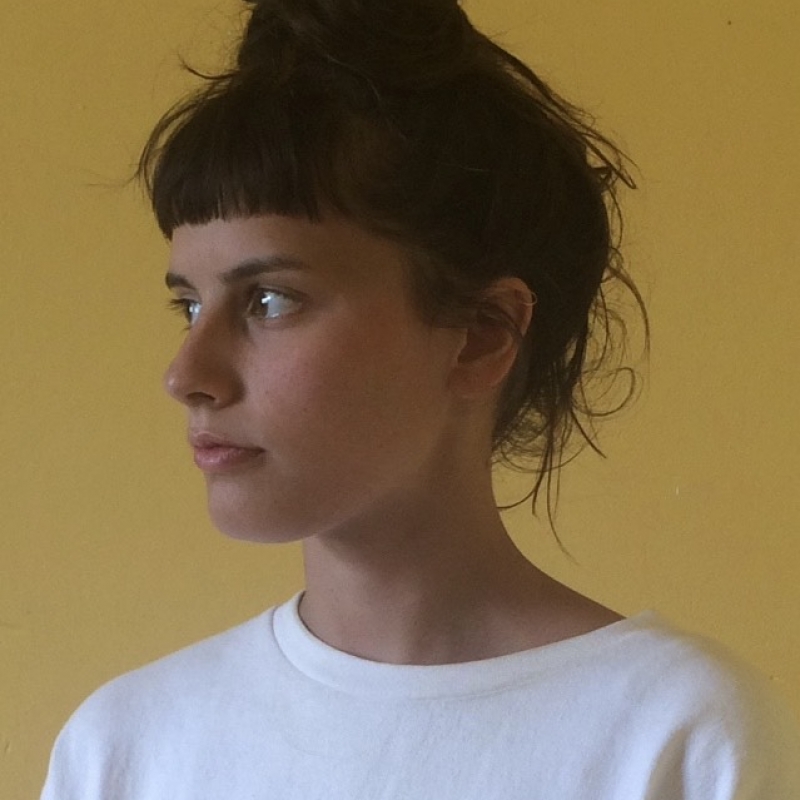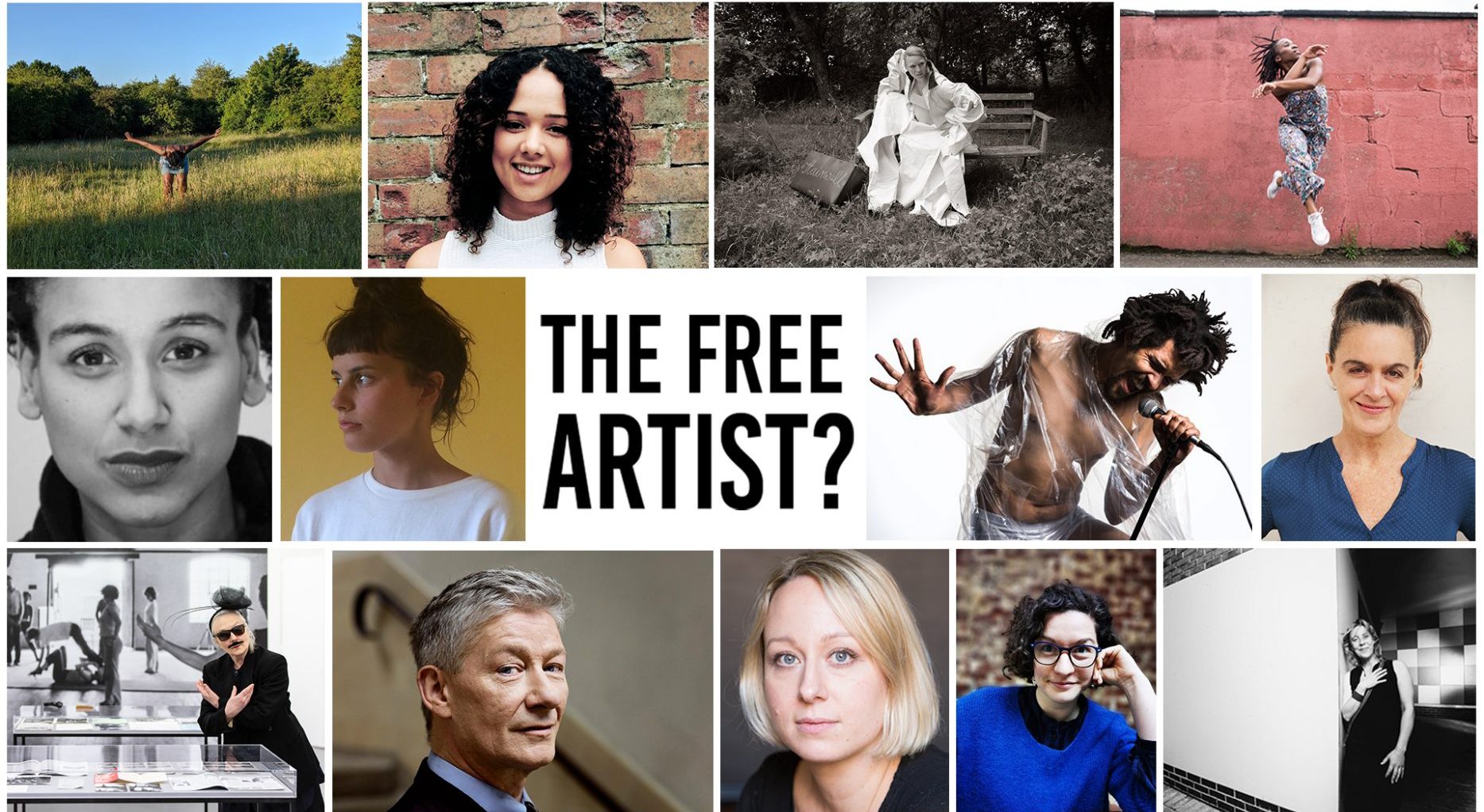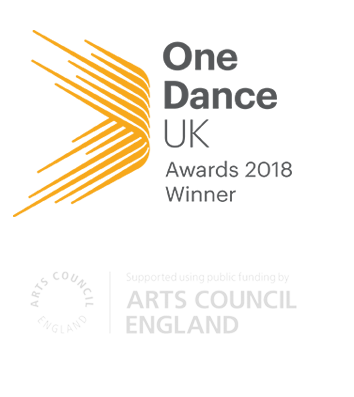Rachael Davies
I began thinking about ‘The Free Artist?’ by trying to formulate a universal and relevant definition for the term ‘freelancing’. Reflecting on my own experiences and hearing those of the group it was clear that the details defining what it means to ‘freelance’ differed from person to person and situation to situation. Turning to a dictionary definition, there is the assumption that underpinning all definitions of freelance work, one is ‘doing particular pieces of work for different organizations, rather than working all the time for a single organization’ (Cambridge Dictionary). Having worked as a freelancer within the arts for 9 years – as a self-employed artist assistant, gallery manager, researcher and curator – this definition attempts to outline only the logistically aspects of freelancing. However, as a starting point it did lead me to consider the definition of freelancing from two main perspectives – the economic and the cultural.
Economically speaking, the freelance workforce is made up of ‘self-employed people working in the top three highest skilled occupational categories… these include managers and directors, professionals and associate/technical professionals’1. This is defined as separate from the remaining self-employed workforce, which includes skilled trades, administrative occupations and care and leisure services. My Dad – a Builder- and I are both self-employed but by definition his work is not ‘freelance’ work even though we both share a way of working, nurture a craft and face the same self-employed difficulties. It therefore seems that whilst ‘freelancing’ is defined economically to acknowledge a type of employment and position within the tax system, equally it is also defined by a particular type of work, education system and way of working.
The cultural significance of freelancing, my own lockdown experiences and recent statistics on the freelance workforce led me to consider a feminist perspective on freelancing. Drawing on Sheila Rowbotham’s ‘Woman’s consciousness, Man’s world’ (1973) – one of my lockdown reads – it occurred to me that what I was reading could also be applied to the freelance artist, and even more so in light of the pandemic. Two quotes in particular struck a chord:
‘Society values women by the wages they earn’
‘Women provide capitalism with the human relations it cannot maintain’
The government’s delayed and somewhat problematic system for supporting self- employed people during the pandemic reflects societal issues on the perception of self-employed people and how we, a by in large underpaid group, are valued. In reference to the second quote, lockdown demonstrated globally the importance of artistic practice in times of crisis – this manifested in various ways from balcony performances in Spain and Italy to community support groups and new initiatives. During the pandemic, artistic thinking and ways of working – collaboration, sharing, protest- have adapted not necessarily with the outcome of new ‘work’ but as a tool for surviving, archiving and resisting. With an increasing number of women making up the freelancing workforce, I feel that it is by no coincidence that the statements quoted can be applied to both the role of womxn and freelancers and their roles in society.
The increase of women in the freelance industry is documented in a study by IPSE, which found that ‘UK’s freelance population is made up of 58% male to 42%’ females and that ‘the number of female freelancers has increased by over 63% since 2008, compared to a 37% increase in the number of male freelancers’ 1 . These statistics seemingly don’t represent other gender identities and as such my account is limited based on this information. However, I took two main routes of interpretation when reading this statistics:
- Freelancing sits outside of the male-dominated system and hierarchy of the traditional workplace. Although not exclusively, freelancing has the potential to positively impact womxn – providing us with the option to decide who we work with, how and when. The statistics also demonstrate a more balanced workforce, implying that freelancing provides womxn with better opportunities.
- Freelancing provides the potential for more flexible working (in some capacity and not others) and the increase in female freelancers, as per this study, implies that this way of working is favourable. However, considering the intense competition, discrimination and lack of employment opportunities across all sectors, is there an argument to suggest that maybe women aren’t freelancing out of choice but rather as a necessity – do these statistics demonstrate that fewer women are being offered salaried, higher paid, stable employment in higher leadership roles and are therefore further being alienated from a system which provides care and support to those that are in it? Does it demonstrate a workplace system that is still yet to change and provide equal opportunities and support not just for womxn but those who face abilism, racism, and classism?
Being a freelance artist is complicated and unique, is it possible to work as an artist and not be freelance? We experience both sides of the coin – the benefits of working as an artist, working independently and arguably with more freedom than freelancers in other sectors and yet Covid has clearly demonstrated that the value of freelance artists within our society needs to be recognised. Being a freelance artist comes with a higher risk of financial instability, this equates to a certain level of privilege- the privilege of being able to accept the precarious nature of the work. This makes opportunities harder to access and leads to a less diverse workforce- something that, again, has been magnified or maybe just brought to the surface by Covid.
The UK government needs to modernise its tax and employment systems, which disenfranchise freelancers but in particular freelance artists. The change needs to provide freelancers with the same support, care, access to resources and security received by others in the system both economically and culturally. With
systemic change through government support and demand for internal change – better pay, equal opportunities – we have the potential to model a new working culture and improve accessibility for all.
We are interdisciplinarians, with careers in multiple fields and a magnitude of roles within our communities – artists, teachers, writers, researchers, performers, mothers and carers. As we work across disciplines in roles maybe less precarious, or as we work with our colleagues whose positions are less precarious, how can they and we advocate for change for those in who aren’t in a position to be able to? How do we support those hit the hardest during the pandemic and protect them? How do we make sure those excluded from the mainstream employment system are provided with a platform and opportunity?

Rachael Davies is a curator and researcher living and working in London. She is currently Public Programme Curator and Gallery Manager at Cell Project Space, London. Rachael curated ‘X6 Dance Space (1976-80): Liberation Notes’ (2020) at Cell Project Space, the first exhibition to document the work of the X6 Collective. Other curatorial projects include events with Sanna Helena Berger & Shade Théret, Shadow Sisters, Harriet Middleton Baker, Josephine Callaghan and Sean Roy Parker. In Autumn 2020, Rachael will be starting a PhD with Chisenhale Dance Space and Centre for Dance Research (C-DaRE) at Coventry University, in collaboration with the V&A, to further explore Chisenhale’s archive and the history of the British New Dance (1976-1988).






